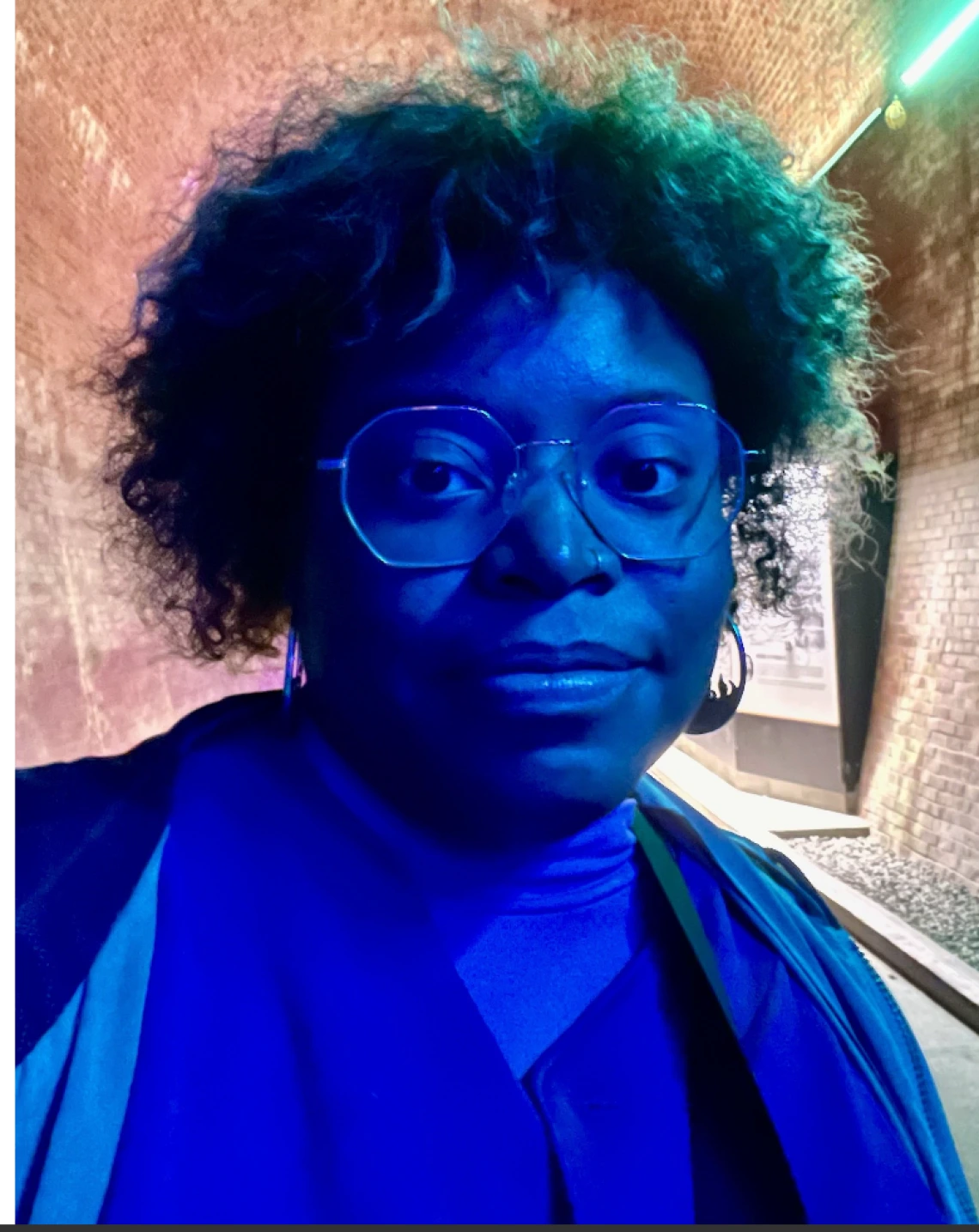AIAR PhD Student, Keyania Campbell awarded Summer Internship in Berlin, Germany!
May 28, 2025
Image

Congratulations go out to AIAR PhD student, Keyania Campbell! She is participating in an academic research summer internship opportunity located in Berlin, Germany at Humboldt University where she is developing a soundscape related to the Second World Music project. Details about the project are contained below. We look forward to hearing about her experience in the Fall upon return.
Musicology and Media Studies
Second World Music: Latin America, East Germany, and the Sonic Circuitry of Socialism
Project Content
While “world music” became an important musical category and commodity in the Western world in the 1980s, an incipient world music practice had already begun to take shape in the Eastern Bloc, one with very different ideologies and forms of circulation. This project looks at the globally-oriented Festival des politischen Liedes, held in Berlin from 1970 onwards, as well as East German radio programming, artistic and scholarly exchanges, and social dancing to show how cultural and musical interchange connected diverse peoples around the socialist world, transformed musical sounds and practices, and created new forms of socialist solidarity and cosmopolitan cultural formations. Drawing upon primary sources including audio recordings, film, concert and festival ephemera, transatlantic oral history interviews, and policy documents, the project focuses on one particular trajectory of musical and choreographic exchange – the one which linked the GDR and Cuba, East Germany’s most important partner in the Western hemisphere – while also touching on the influences of other Latin American musical socialisms in both Germanys. After 1989, sounds of what was then termed the “Second World”– musics transformed by socialist governments and their international exchanges - entered the Western world music market, some with great success. Yet to date Second World practices of international musical exchange have been left out of world music scholarship, leading to impoverished understandings of the world music phenomenon and of the Cold War soundscapes, relationships, and imaginaries that form the socialist sonic circuitry. This project aims to correct the blind spot by providing a concrete example of how the Second World created and presented itself to the world as an international political/artistic movement and of its wide-ranging and highly influential cultural flows.
The project's methodology combines oral history with archival research. Aside from the catalogued collections at locations like the German Broadcasting Archive (Potsdam), Academy of the Arts (Berlin), German Music Archive (Leipzig), and Dance Archive (Leipzig), the project makes use of uncatalogued and in part previously unknown archival materials. These include 3000 reel-to-reel tapes containing Latin American music played on East German radio and held by the Ethnological Museum, the documents of the socialist-era Research Center for Popular Music at Humboldt University, and recordings and paperwork in possession of the German Broadcasting Archive in Potsdam. Interns will be able to assist Dr. Hutchinson in her work with these unique materials.
The project's methodology combines oral history with archival research. Aside from the catalogued collections at locations like the German Broadcasting Archive (Potsdam), Academy of the Arts (Berlin), German Music Archive (Leipzig), and Dance Archive (Leipzig), the project makes use of uncatalogued and in part previously unknown archival materials. These include 3000 reel-to-reel tapes containing Latin American music played on East German radio and held by the Ethnological Museum, the documents of the socialist-era Research Center for Popular Music at Humboldt University, and recordings and paperwork in possession of the German Broadcasting Archive in Potsdam. Interns will be able to assist Dr. Hutchinson in her work with these unique materials.

